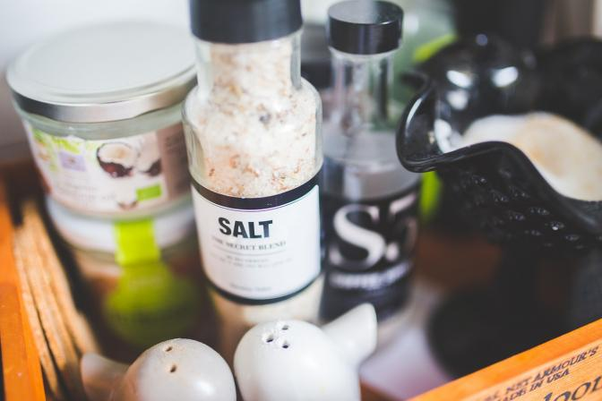
- The health of our kidneys is vital for overall well-being, as these organs play a crucial role in filtering waste and excess fluids from our blood. Certain foods, however, can put undue stress on our kidneys and contribute to kidney damage or dysfunction over time. Being mindful of what we consume is key to supporting kidney health. Here are some foods you should consider limiting or avoiding to protect your kidneys,
1. High-Sodium Foods: Consuming excessive sodium (salt) can lead to high blood pressure, which is a major risk factor for kidney disease. Processed foods like canned soups, salty snacks, and processed meats are often high in sodium. Opt for fresh, whole foods and use herbs and spices for flavor instead of salt.
2. Processed Meats: Processed meats like bacon, sausages, and deli meats are high in protein but also contain additives and high levels of sodium. The high protein content can strain the kidneys, particularly if consumed regularly.
3. Sugar and Sweetened Beverages: High sugar intake is linked to obesity and diabetes, both of which increase the risk of kidney disease. Sweetened drinks like sodas, energy drinks, and even some fruit juices can be particularly harmful. Choose water, herbal teas, or unsweetened beverages instead.
4. High-Protein Foods: While protein is essential, excessive consumption, especially from animal sources like red meat and dairy products, can strain the kidneys. Opt for a balanced intake of plant-based proteins like beans, lentils, and tofu.
5. Phosphorus-Rich Foods: Foods rich in phosphorus, such as dairy products, whole grains, and certain nuts, can be harmful to individuals with advanced kidney disease. Keeping these in moderation is advised for those with compromised kidney function.
6. Oxalate-Rich Foods: Oxalates can contribute to the formation of kidney stones. Foods high in oxalates include spinach, rhubarb, beets, and nuts. If you are prone to kidney stones, it may be wise to limit these foods.
7. Alcohol: Excessive alcohol consumption can lead to dehydration and liver damage, which indirectly affects kidney function. It’s important to drink alcohol in moderation and stay hydrated.
8. Artificial Sweeteners: Some studies suggest that artificial sweeteners may negatively impact kidney function over time. Limiting their use is advisable.
9. Caffeine: While moderate caffeine intake is generally safe for most people, excessive consumption can lead to dehydration, which can strain the kidneys.
10. Foods High in Potassium: For individuals with kidney disease, high potassium levels can be dangerous. Foods like bananas, oranges, tomatoes, and potatoes are high in potassium and should be consumed in moderation.
It is important to note that everyone’s dietary needs are different, and those with existing kidney conditions should consult with healthcare professionals or registered dietitians for personalized advice. In general, maintaining a balanced diet rich in fresh fruits, vegetables, whole grains, and lean proteins while avoiding excessive intake of the aforementioned foods can help support kidney health and overall well-being. Remember, small changes in your diet can lead to significant improvements in kidney function and long term health.









